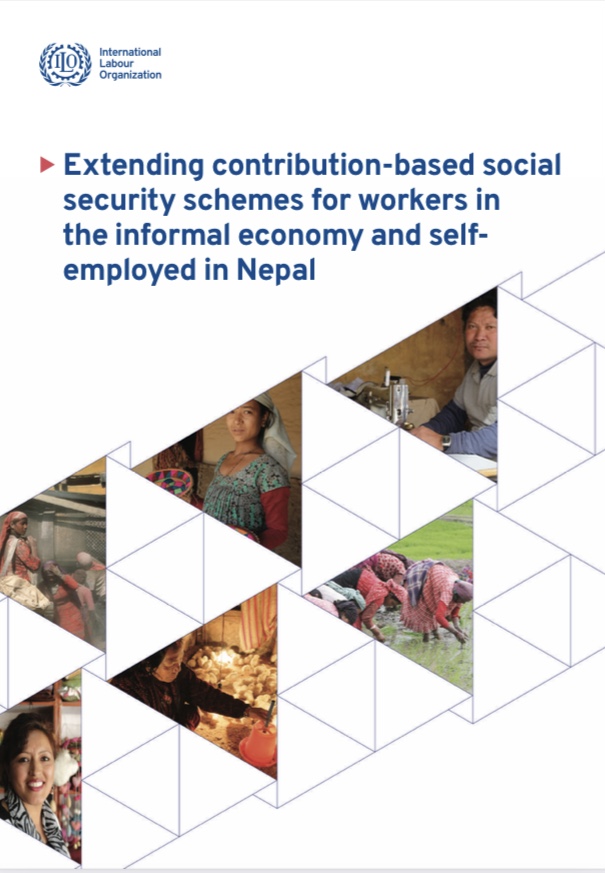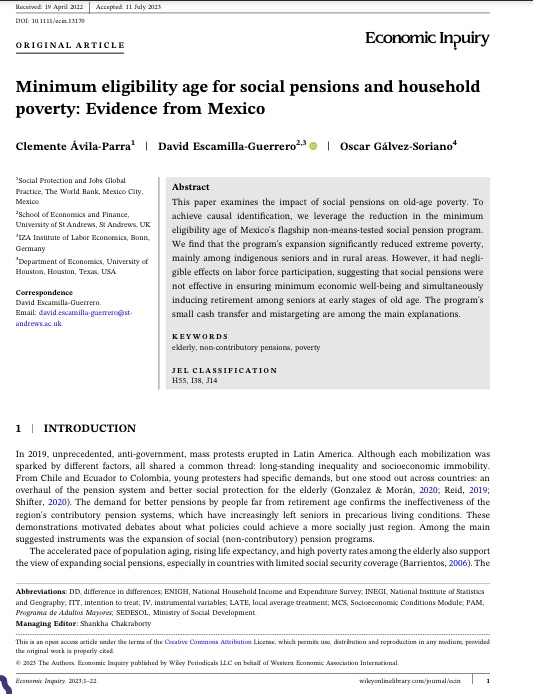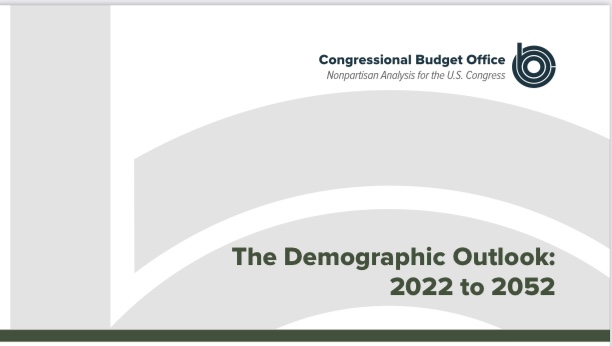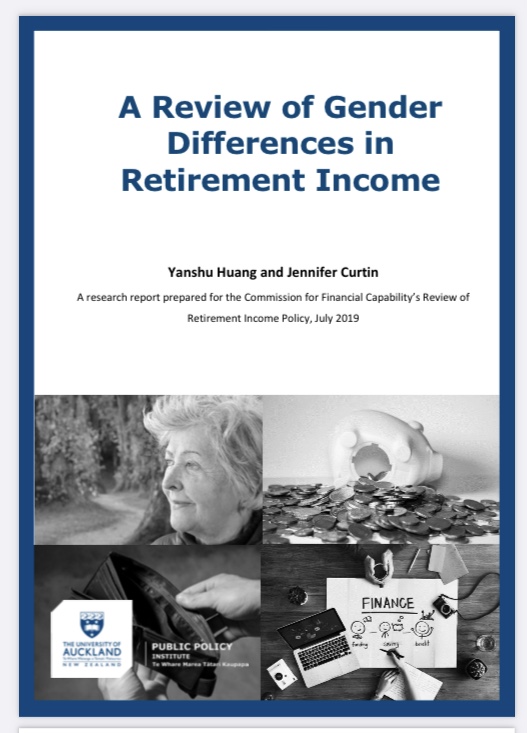Extending contribution-based social security schemes for workers in the informal economy and self- employed in Nepal
By International Labour Organization This brief was prepared by André F. Bongestabs and Suravi Bhandary based on the technical note produced by Pierre Plamondon, Senior Actuary, with the support of ILO’s Actuarial Services Unit, as part of the technical support provided by the ILO to the Social Security Fund of Nepal. The brief discusses various considerations that needs to be placed during the design and implementation of contribution-based social security for workers in the informal economy and self-employment. It is...










